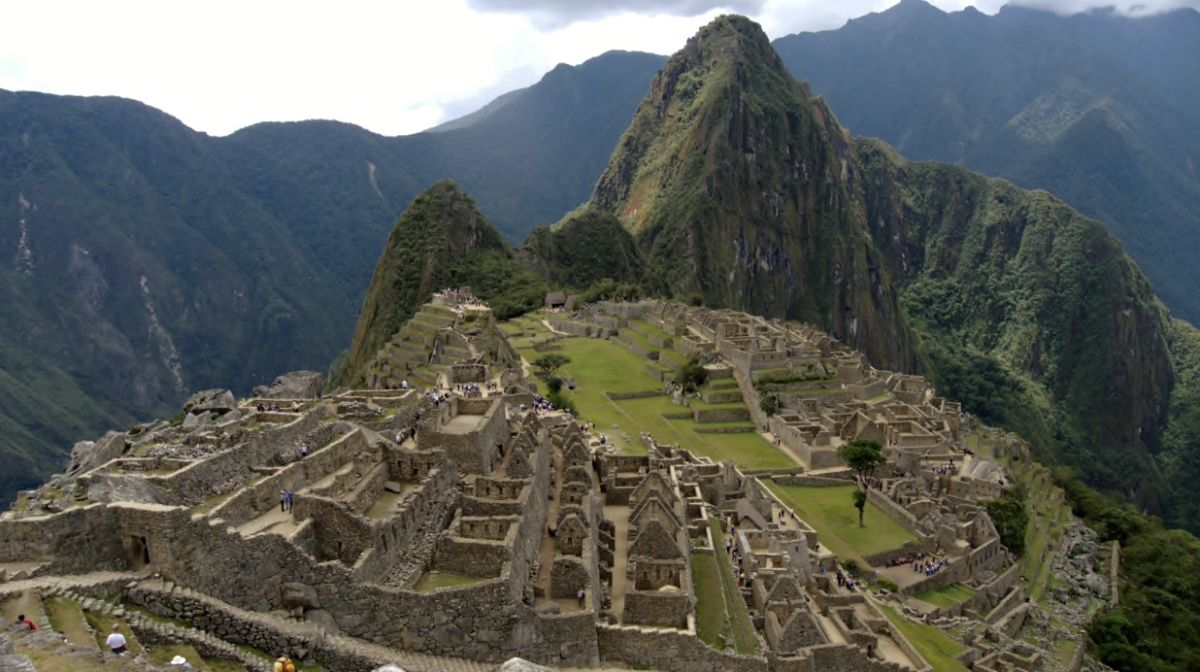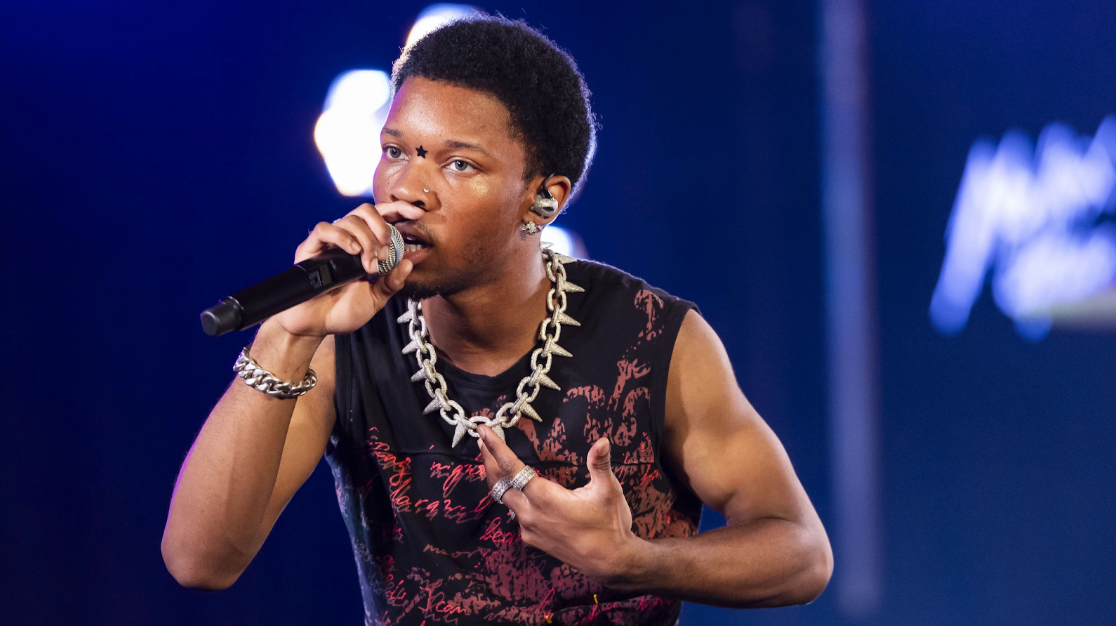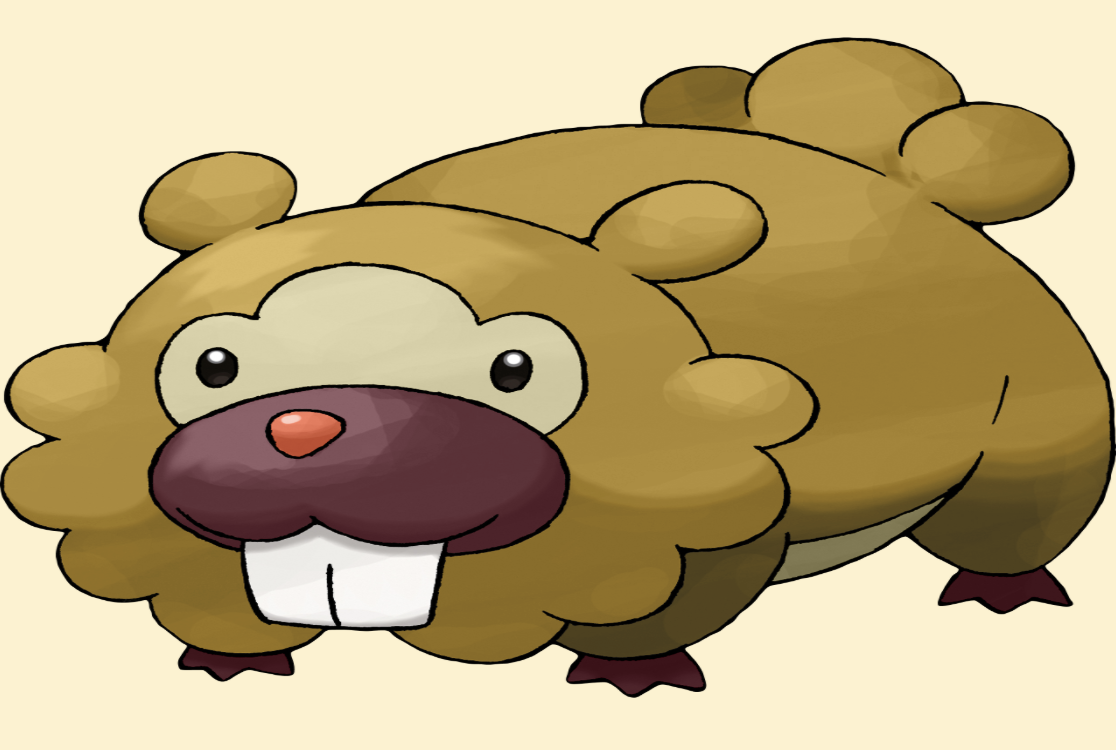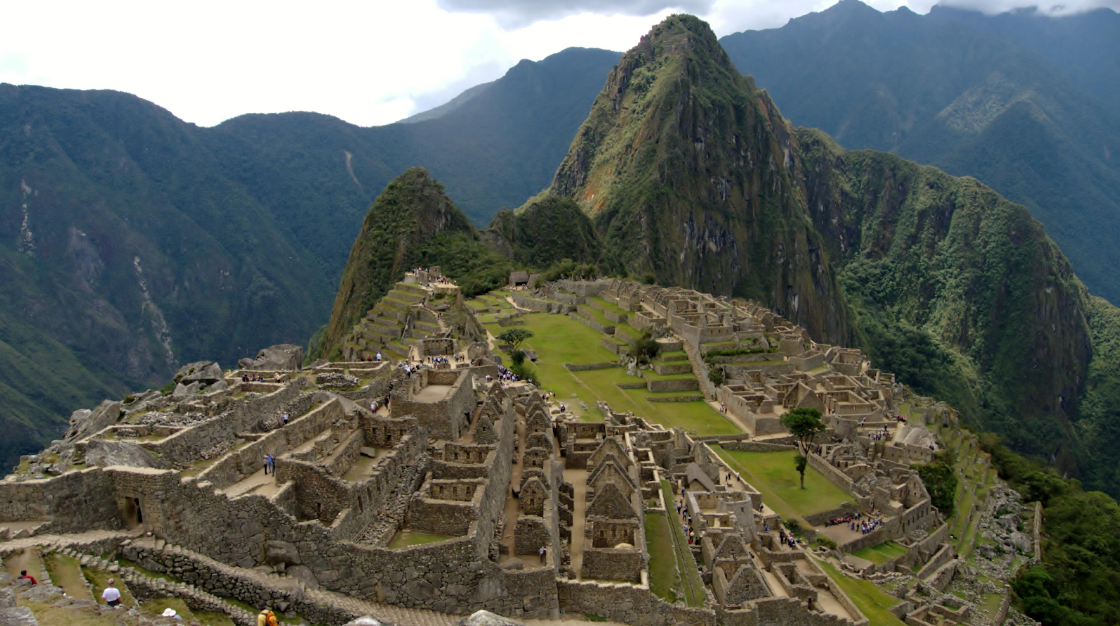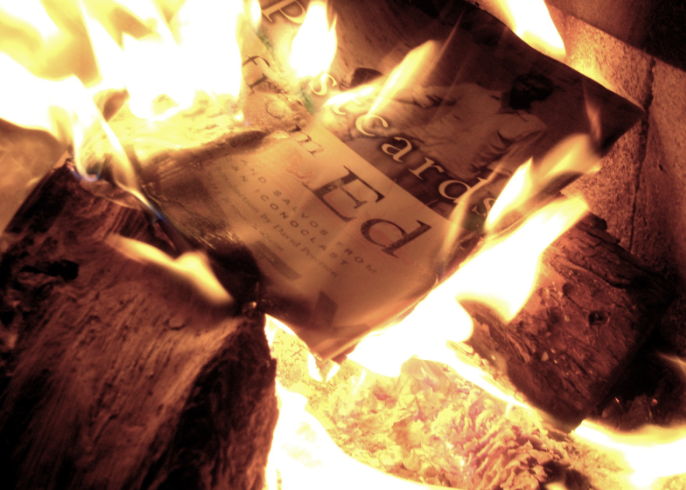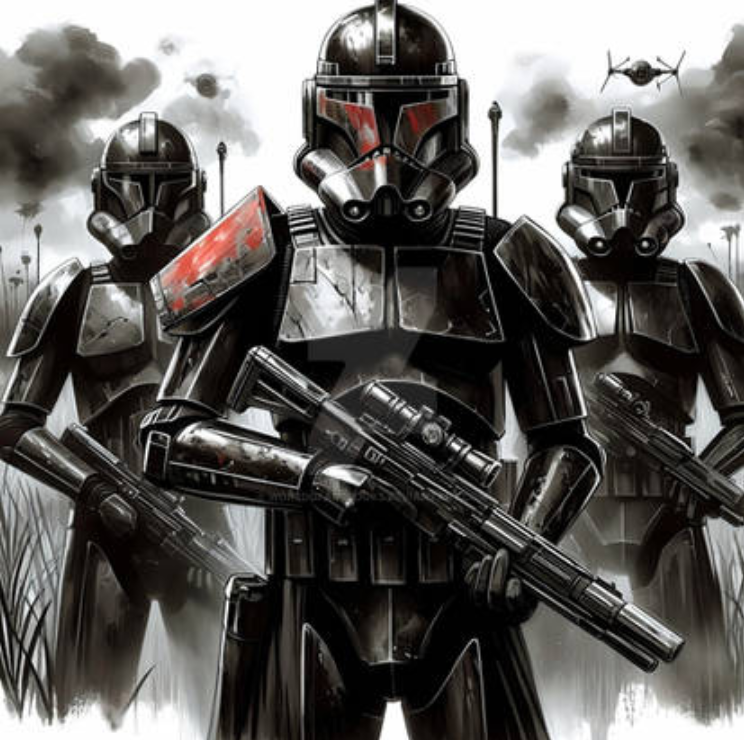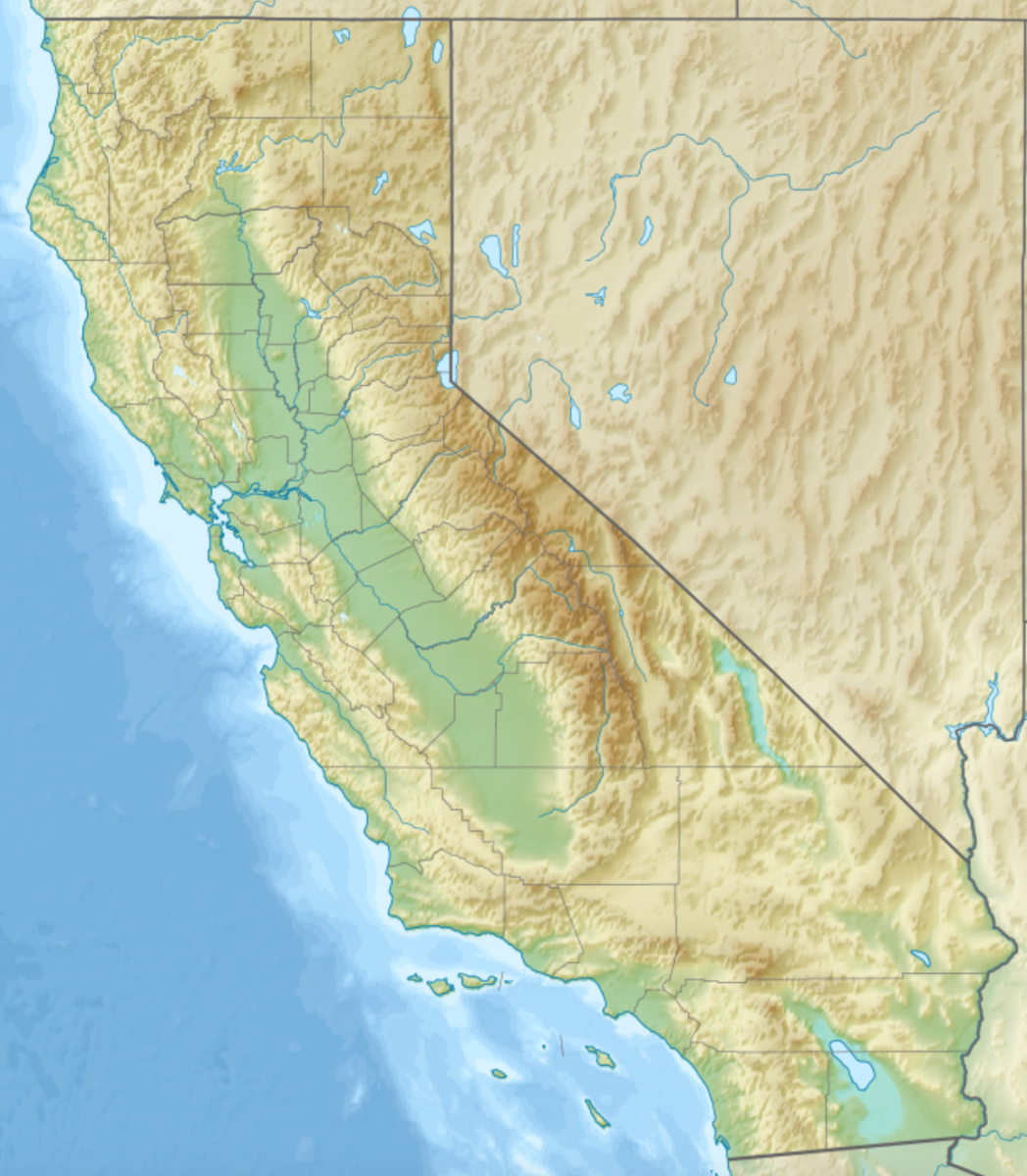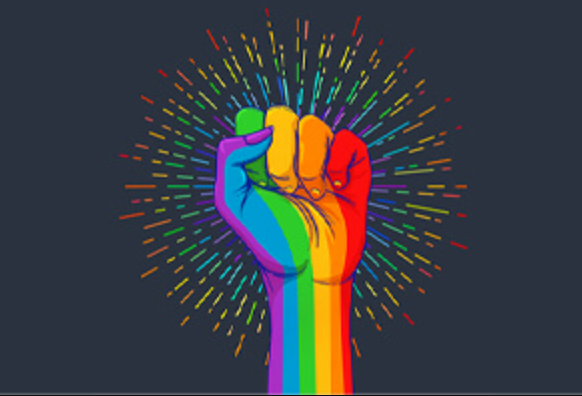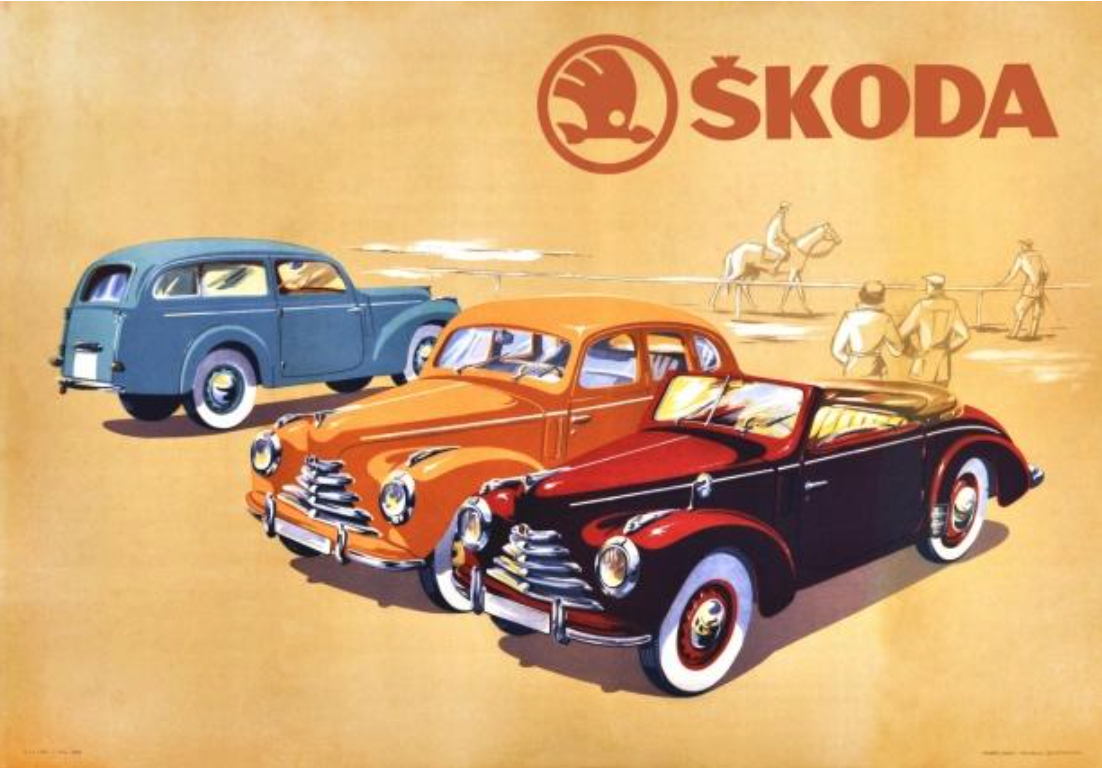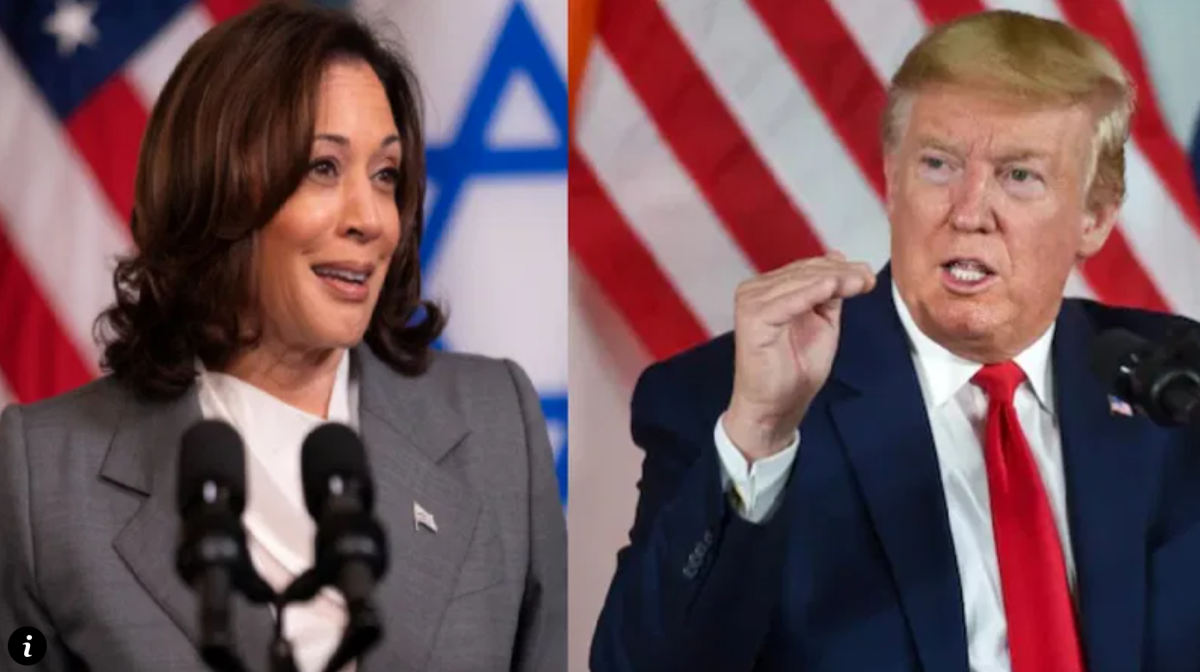On August 30th, Mikhail Gorbachev, the last Soviet President and founder of the glasnost (“openness”) movement, died of natural causes in a hospital at the age of 91 after a “severe and prolonged illness” (CNN). Although many may dissent from Gorbachev’s political opinions, he was undeniably a landmark figure in Russian history, a visionary for modern social democracy.
Born in southwestern Russia during the Interwar Period in 1931, Mikhail Gorbachev was indoctrinated with communist beliefs at a very young age. As a member of the Komsomol (Young Communist League), a teenage Gorbachev would plant the seeds to become an avid member of the Communist Party in his postgraduate years, eventually becoming the first secretary of the regional party committee in 1970 (Britannica).
Over a decade, Gorbachev would climb the chain of command from membership in the Central Committee to candidacy for the Politburo, the supreme law-making body in the Soviet Union. Through consolidating personal power, Gorbachev furthered his domestic political interests: technological modernization, bureaucratic optimization, and, ultimately, the freedom of expression and information.
By building a reputable political ethos through his party membership, Gorbachev would eventually be elected to the chairmanship of the Supreme Soviet, the national legislature of the USSR, in 1989. Through the gradual withdrawal of Soviet troops from democratic states and by fostering the reunification of East and West Germany in 1990, Gorbachev would succeed in providing newfound freedoms for the Soviet Union through democratization and the decentralization of the Communist Party. However, Gorbachev would be politically weakened after an attempted coup by Boris Yeltsin, the Russian president. The republic headed by Yeltsin would eventually replace the Soviet Union after its fall in 1991.
After the collapse of the Soviet Union, Gorbachev started his foundation, The Gorbachev Foundation or the International Foundation for Socio-Economic and Political Studies. The foundation sought to defend Gorbachev’s glasnost policy and critique then-president Yeltsin’s political decisions. In 1996, Gorbachev ran for president but only got 0.5% of the votes.
As Putin became the Russian head of state, Gorbachev was initially very welcoming toward Putin after years of criticizing Yeltsin’s policies. His attendance at Putin’s inauguration would mark his first time in the Kremlin since the dissolution of the USSR. But as Putin’s authoritarian nature began to manifest, Gorbachev’s attitude became increasingly hostile toward Putin, earning Gorbachev the scorn of the Russian state media.
After news of his death broke, many world leaders such as Vladimir Putin, Joe Biden, and Ursula von der Leyen (European Commission Chief), expressed condolences. Gorbachev is to be buried in Moscow’s Novodevichy Cemetery, but it is uncertain whether or not he will get a state funeral.










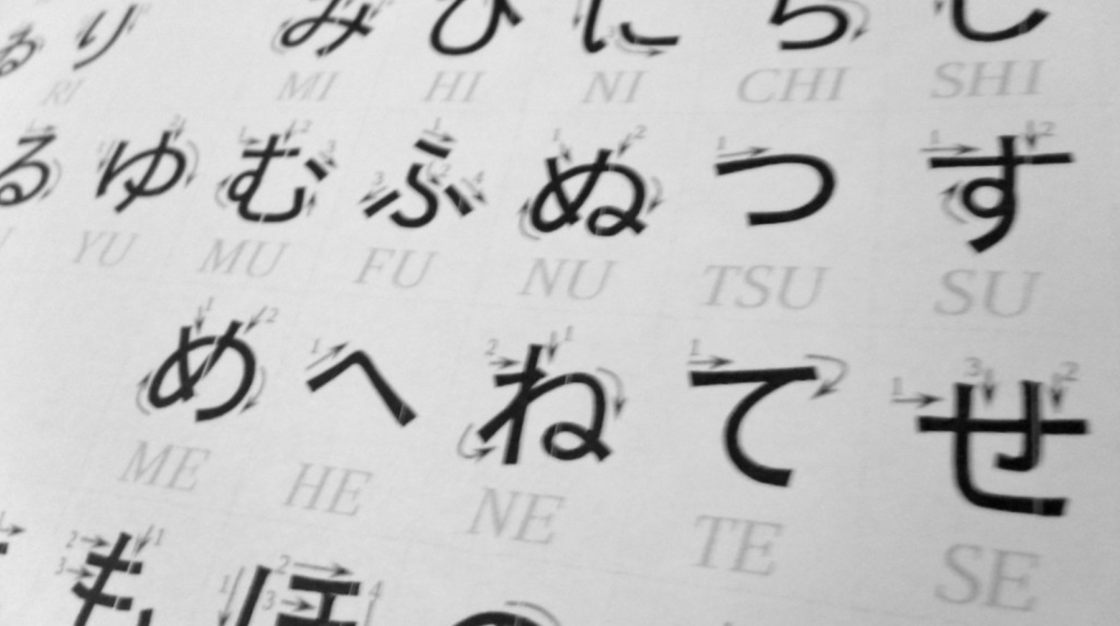
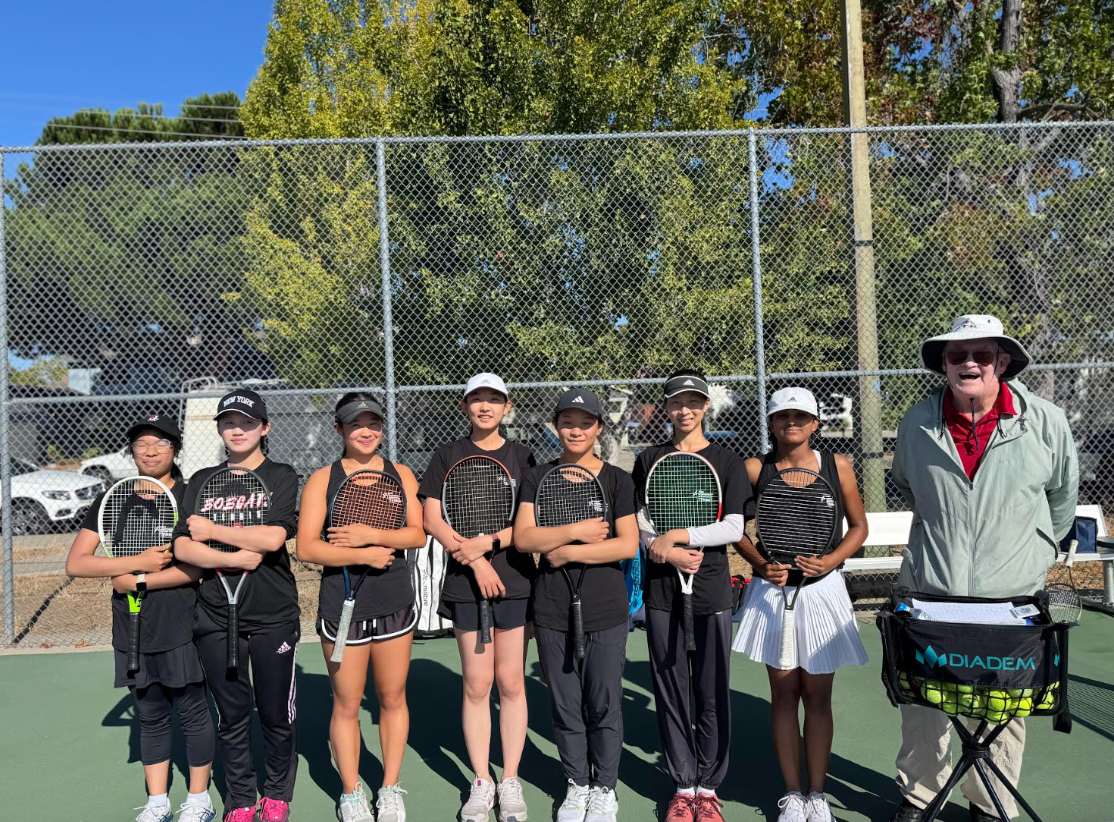





![Teacher [Milk] Tea: Part 2](https://bisvquill.com/wp-content/uploads/2024/03/Screen-Shot-2024-03-19-at-9.28.48-PM.png)










